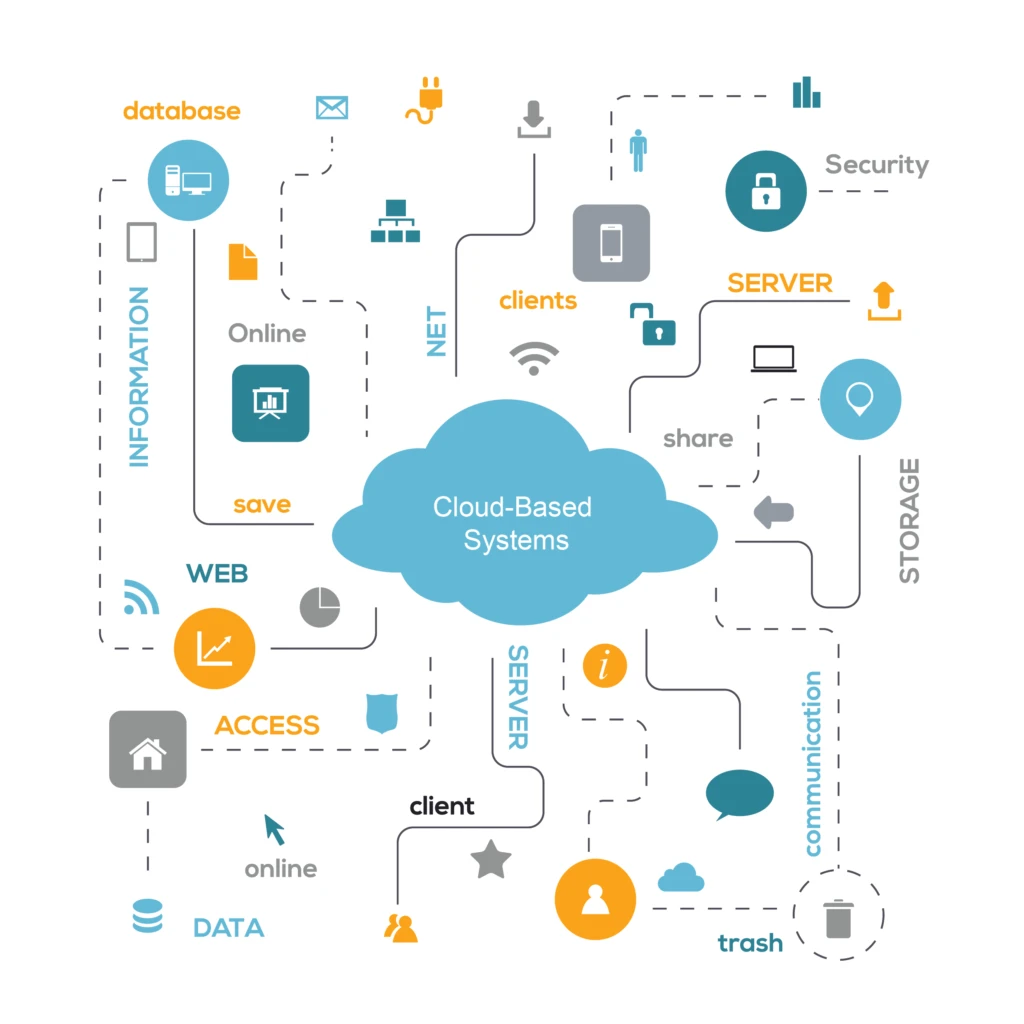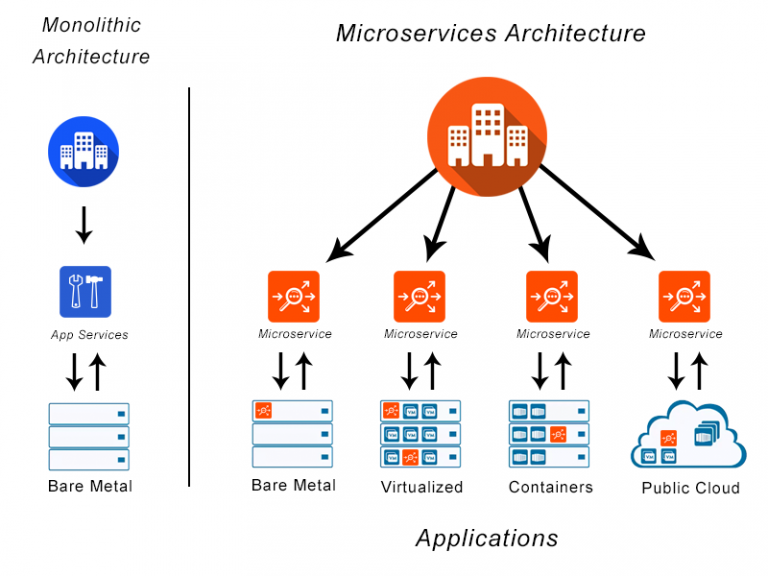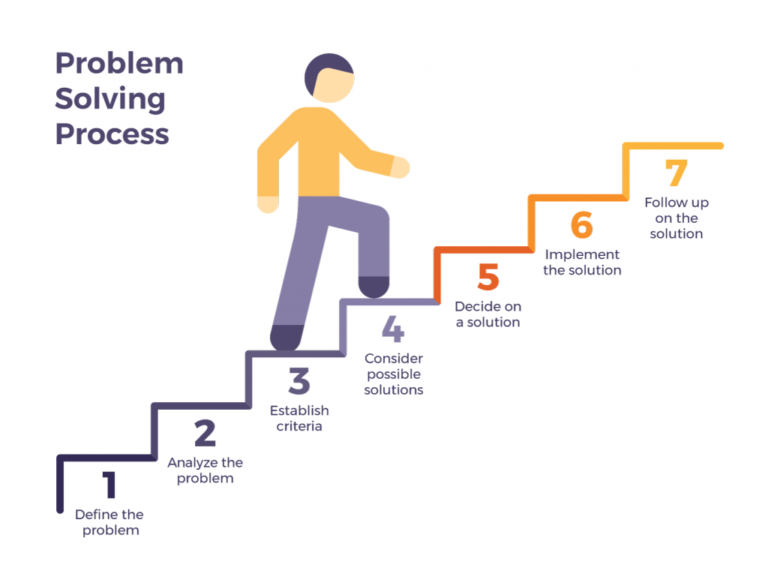10 Essential Java Developer Skills You Need in 2024
Date
Jun 12, 24
Reading Time
8 minutes
Category
Other
- Introduction
- 1. Proficiency in Java Programming Language
- 2. Knowledge of Modern Java Frameworks
- 3. Familiarity with Cloud Technologies
- 4. Mastery of Object-Oriented Design Principles
- 5. Proficiency in Database Management
- 6. Knowledge of DevOps Practices
- 7. Understanding of Microservices Architecture
- 8. Mastery of Testing Frameworks
- 9. Knowledge of Security Best Practices
- 10. Strong Problem-Solving and Debugging Skills
- Conclusion
- Frequently Asked Questions (FAQs)
Table of content

Introduction
Java was developed in the 1990s by Sun Microsystems, and it has stayed relevant to this day. It is consistently ranked among the top programming languages worldwide. Its Write Once Run Anywhere(WORA) philosophy has allowed it to be used on several platforms.
Today, java is used in 125 million TVs, 1 billion laptops, and 3 billion cell phones. Due to its portability, platform usage is expected to grow further with its adoption by IoT and Cloud Computing technologies.
Presently, there are over 9 million Java jobs worldwide. Java was the second most demanded programming language by recruiters in 2023, with over 40% of recruiters looking to hire people with proficient Java developer skills.
With the rise of Java's popularity, the field's competition has also increased. In today's world to excel in this field, professionals must stay updated on the most relevant and emerging Java developer skills.
In this article, information about ten essential Java developer skills vital to staying relevant in the Java field is provided to you.

1. Proficiency in Java Programming Language
Proficiency in Java programming is fundamental for developers due to its widespread use across industries and its versatility in building various types of applications.
Understanding the latest features introduced in Java is crucial to staying competitive in the rapidly evolving tech landscape. For instance, Java's recent updates, such as pattern matching, records, and sealed classes, streamline code syntax and enhance readability, improving developer productivity.
Working on these Java developer skills enables the developers to write cleaner, more concise code and leverage the full potential of the Java platform, ensuring their relevance in the ever-changing software development industry.
2. Knowledge of Modern Java Frameworks
Frameworks are prewritten codes, tools, and libraries used to perform common tasks and streamline development. These Java developer skills are crucial in developing robust, scalable, and maintainable Java applications.
Some popular modern Java frameworks are Spring Boot, Hibernate, and Apache Struts.
Spring Boot is used to make enterprise-level applications, while Hibernate is used to simplify database interactions. Apache Struts is used to develop web-based applications based on Model-View-Conroller(MVC) architecture.
Developers can accelerate the development process and improve code quality by using these frameworks. The knowledge of these frameworks is essential for building a growing career in the field of Java.

3. Familiarity with Cloud Technologies
Cloud technologies have revolutionized how software is developed, deployed, and scaled. Platforms like AWS, Azure, and Google Cloud offer services that allow Java developers to deploy applications in a cloud-native manner, providing load balancing, auto-scaling, and serverless architectures.
To develop successful cloud-based applications, developers should know containerization technologies like Docker and container organization platforms like Kubernetes. These technologies enable developers to package their applications along with dependencies and deploy them consistently across different environments.
Java developer skills in these fields are essential for creating resilient and cost-effective applications.

4. Mastery of Object-Oriented Design Principles
Object-oriented design principles form the foundation of Java programming, providing architectures for developing codebases.
The SOLID principles—Single Responsibility, Open/Closed, Liskov Substitution, Interface Segregation, and Dependency Inversion—guide developers in designing classes and components that are loosely coupled, highly cohesive, and easy to extend.
Design patterns like Factory, Singleton, Observer, and Strategy also provide reusable solutions to common design problems, promoting code reusability.
By mastering these Java developer skills, you can write scalable, maintainable, and adaptable code to changing requirements, laying a solid foundation for building high-quality software systems.
Suggested Reading: 5 Java Technologies Every Fresher Should Know
5. Proficiency in Database Management
Effective database management is crucial for building robust and scalable Java applications that store and retrieve data efficiently.
Developers should be proficient in writing SQL queries, designing schemas, and optimizing database performance using indexing, query optimization, and caching strategies.
Object-relational mapping (ORM) frameworks like Hibernate and JPA simplify database interactions, allowing developers to work with database entities using object-oriented principles.
The knowledge of non-relational databases like MongoDB, Cassandra, and Redis allows the developers to make applications suitable for handling large volumes of unstructured or semi-structured data.
By mastering these Java developer skills, you can make applications that manage and utilize data effectively, boosting your skills as a full-stack Java developer.

6. Knowledge of DevOps Practices
DevOps practices bridge the gap between software development and IT operations, enabling Java developers to build, test, and deploy applications rapidly and reliably.
Continuous integration and Continuous delivery (CI/CD) pipelines automate the build, test, and deployment processes, enabling developers to deliver high-quality code changes to production frequently and predictably.
Monitoring and logging tools like Prometheus, Grafana, and ELK stack help developers monitor application performance, detect issues, and troubleshoot problems in real time.
By adopting DevOps practices and improving these Java developer skills can accelerate the software delivery lifecycle, improve code quality, and enhance the reliability and scalability of their applications.

7. Understanding of Microservices Architecture
Microservices architecture is a design approach where an application is composed of small, independent services that communicate through well-defined APIs.
Microservices allow developers to break down complex systems into smaller, manageable services that can be developed, deployed, and scaled independently.
Communication between microservices is typically facilitated through lightweight protocols like HTTP/REST or messaging systems like Kafka and RabbitMQ.
Additionally, developers should be familiar with service discovery, load balancing, and circuit breaker patterns to build resilient microservices architectures that can gracefully handle failures and degrade gracefully under adverse conditions.
By enhancing these Java developer skills, you can build agile and scalable applications that meet the demands of today's dynamic business environments.

8. Mastery of Testing Frameworks
Effective testing is essential for ensuring Java applications' quality, reliability, and maintainability. Java developers should be proficient in using testing frameworks and tools to automate testing processes and identify defects early in the development lifecycle.
JUnit is the standard for unit testing in Java, enabling developers to write and execute unit tests to validate individual components or units of code.
Mockito and PowerMockito are popular mocking frameworks that facilitate the creation of mock objects for testing code with external dependencies, allowing developers to isolate code units and simulate behavior.
Integration testing frameworks like TestNG and Spring Test provide tools for testing interactions between different components or services, ensuring they work together as expected.
Behavior-driven development (BDD) frameworks like Cucumber enable developers to write tests in a human-readable format using Given-When-Then scenarios, promoting collaboration between developers, testers, and stakeholders.

9. Knowledge of Security Best Practices
Security is crutial in Java development, especially in applications that handle sensitive data or perform critical operations. Java developers should be knowledgeable about security best practices and techniques to mitigate common security threats and vulnerabilities.
Secure coding practices like input validation, output encoding, and parameterized queries help prevent common security vulnerabilities like injection attacks, XSS (Cross-Site Scripting), and CSRF (Cross-Site Request Forgery).
Authentication and authorization mechanisms like OAuth, JWT (JSON Web Tokens), and role-based access control (RBAC) enable developers to control access to sensitive resources and protect against unauthorized access.
Encryption techniques like SSL/TLS and AES help secure data in transit and at rest, preventing eavesdropping and data breaches.
Improving security practices along with their java developer skills can help developers build secure and trustworthy applications that protect the confidentiality, integrity, and availability of their users' data.

10. Strong Problem-Solving and Debugging Skills
Strong problem-solving and debugging skills are essential for Java developers to identify, analyze, and resolve issues in their code effectively. Developers should be adept at troubleshooting errors, diagnosing performance bottlenecks, and optimizing code for efficiency and scalability.
Understanding the fundamentals of debugging, including setting breakpoints, stepping through code, and inspecting variables, helps developers pinpoint the root cause of issues and implement targeted fixes.
Proficiency in using debugging tools like IntelliJ IDEA, Eclipse, and Visual Studio Code enhances developers' ability to debug complex issues and understand the runtime behavior of their applications.
Additionally, developers should be skilled at using logging frameworks like Log4j and SLF4J to document their code and capture relevant information about application behavior, errors, and performance metrics.
Furthermore, developers should be proficient in leveraging online resources like documentation, forums, and community forums to seek guidance and collaborate with peers in solving challenging problems.

Conclusion
In conclusion, Java remains an essential tool for modern software development.
Developers must continuously update and enhance their skills to thrive in this competitive field. This article outlines ten essential Java developer skills that provide a roadmap for staying relevant and excelling in Java development.
By honing these skills, developers can write cleaner, more efficient code, leverage the latest technologies, and address emerging challenges in software development.
Investing in these Java developer skills is key to unlocking new opportunities, advancing careers, and making meaningful contributions to the ever-changing world of software development.Also, you can Discover the career opportunities waiting for you at Relinns Technology!

Frequently Asked Questions (FAQs)
What are the core Java skills I need to focus on?
Strong fundamentals are key to improving your Java developer skills. Understanding object-oriented programming (OOP) concepts, the Model-View-Controller (MVC) pattern, and the Java environment itself are crucial. Being proficient with core Java features like keywords, libraries, and database connectivity is essential.
Do I need to know web technologies as a Java developer?
While not always mandatory, having a basic understanding of HTML, CSS, and JavaScript can be very helpful. Many Java web frameworks utilize these technologies for building user interfaces. Plus, it allows you to collaborate more effectively with front-end developers while simultaneously improving your java front end developer skills.
What role does continuous learning play in maintaining Java developer skills in 2024?
Continuous learning is important for Java developers to stay relevant and competitive in a rapidly evolving landscape. With new frameworks, libraries, and language features emerging regularly, developers must dedicate time to upskill and adapt to changing technologies. You should focus on both Java front end developer skills and java backend developer skills for a high growth career.
How can i improve my Java developer skills?
Engaging in online courses, attending workshops, and participating in community forums are effective ways to stay updated with the latest trends and best practices in Java development. Additionally, hands-on experience through personal projects or contributions to open-source software enhances practical skills and fosters innovation. By embracing a mindset of lifelong learning, Java developers can sustain their expertise and thrive in dynamic and demanding environments.
What are some essential for Java full stack developer skills and java backend developer skills?
The Java backend developer skills include proficiency in Java, understanding frameworks like Spring Boot, and knowledge of SQL and NoSQL databases. Java full stack developer skills require techniques and coding in frontend technologies such as HTML, CSS, and JavaScript, along with experience in Angular or React. Both roles benefit from familiarity with DevOps practices and cloud services to efficiently manage the software development lifecycle.

